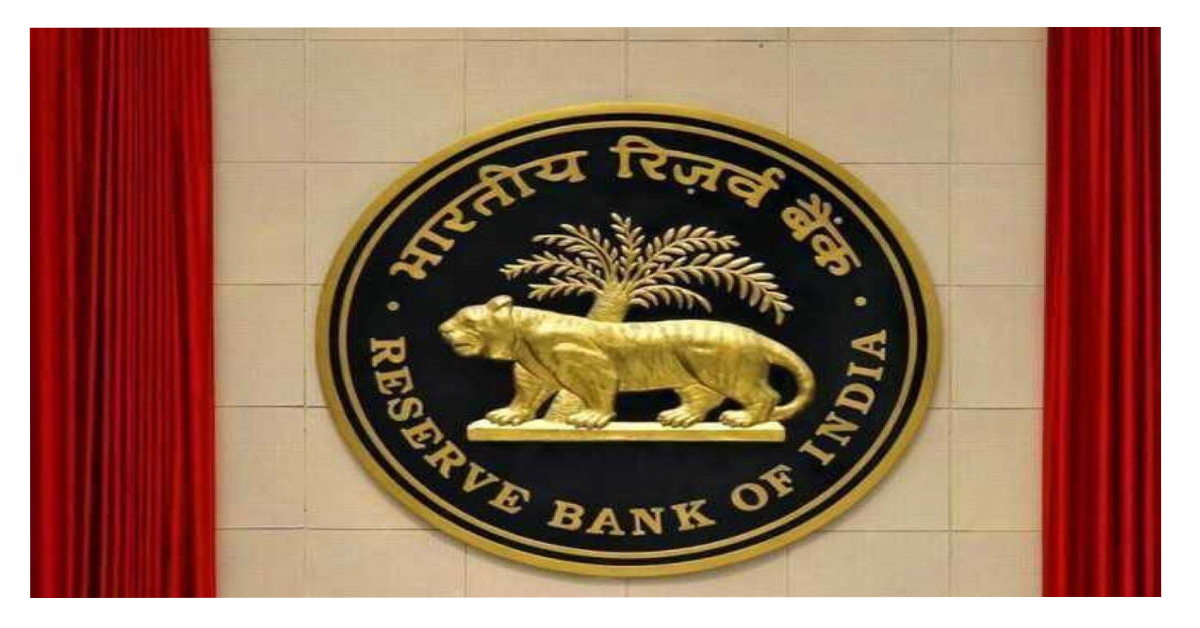Should you invest through RBI’s Retail Direct Gilt Account?

The recently launched RBI Retail Direct platform is a unique offering as it facilitates buying and selling of government securities by retail investors. Under this scheme, retail investors can open a gilt securities account, i.e. a Retail Direct Gilt (RDG) account directly with the RBI. Government bonds are extremely safe, and hence are low/no credit risk. The RDG account provides access to various central government and state government securities, treasury bills (T-bills) and sovereign gold bonds (SGBs). There is no cost involved, which is probably the icing on the cake. Should you go for it? Here we take a detailed look.
An account like no other
The Retail Direct Gilt account allows investors to do non-competitive bids in the primary issuance of all central government securities and those issued by various state governments. As an investor, you can see the indicative yield of the security on bidding.
As you may know, the RBI conducts auctions when the government wants to borrow. About 5 per cent of the borrowing amount is reserved for retail investors under the non-competitive bidding window. Retail can only bid the investment amount, and have no say on yield/price.
From RDG account, only one active bid will be allowed per retail client in the non-competitive portion for respective security. The minimum investment will be ₹10,000 and maximum ₹2 crore. Some 5-10% mark-up may be asked for protection against any adverse price movement.
The RDG account also provides access to secondary market trading through ‘NDS-OM’ platform — the central bank’s screen-based electronic order matching system. The retail direct investor can trade in government securities in the retail portal (odd lot segment) on this platform with minimum trading lot of ₹10,000. So far, the NDS-OM was only accessible to banks, insurance companies, foreign investors and pension funds.
Any interest or the maturity proceeds on the securities held by an investor will be credited to the bank account linked to the RDG account.
Hark! KYC beckons
All individuals can open an RDG account. As per reports, the on-boarding process is not easy. However, thankfully, the KYC can be done completely online. You can opt for offline KYC also.
To open an RDG account, you will need your PAN, Aadhaar, rupee-denomintaed savings account, email ID, mobile number, cancelled cheque and signature. After KYC is done, the login credential will be mailed to your registered mail ID within 24 hours.
Once the account is opened, you can bid and invest in the securities issued in the primary market. For secondary market access, one has to request access to NDS-OM platform.
For support, reach out to 1800 267 7955 or write to support@rbiretaildirect.org.in.
How it fares against others
Already, one can participate in the G-sec auction in the primary market through a demat account. ICICI Securities, HDFC Securities, Zerodha and NSE’s goBID are a few that allow investments in G-sec.
The RDG account has an edge on three aspects. First, all existing platforms do not provide access to State Development Loans (SDLs). Second, the RDG account enables trading on RBI’s NDS-OM retail segment. This is not available elsewhere. Of course, the success of the RDG account hinges on how well liquidity is improved. Three, no requirement of demat account and no cost of transacting (except payment gateway fees) compared to others is a huge positive.
If you are a Do-It-Yourself (DIY) investor, and have the skill/capacity to execute G-Sec bids, RDG account will help you avoid running expenses charged by the mutual funds. On the other hand, if you are a novice, use the mutual fund route i.e. G-Sec/gilt debt funds. This option comes loaded with fund management expertise, diversified portfolio, high liquidity (redemption) etc.
Tax matters
In terms of taxation, the RDG account/way has no edge. G-sec or gilt mutual funds have the tax edge, provided you hold the investment for three years. Debt MFs get you indexation benefit and you pay tax only on the net gains adjusted for inflation cost.
In the RDG route, the interest on bonds is taxable at your marginal slab rate, which is usually 30% plus surcharge and cess. Unless you are in a low tax bracket, G-Sec mutual funds are much more tax efficient for investors with a horizon of minimum three years.
The only money management App you will need
Download our Wealthzi App Now



